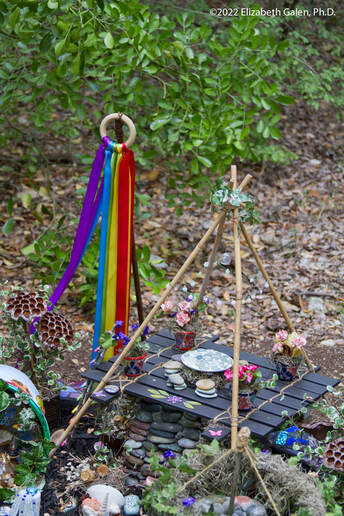 A miniature rainbow windsock at a fairy garden display at Zilker Botanical Garden in 2018
A miniature rainbow windsock at a fairy garden display at Zilker Botanical Garden in 2018 That bisexual boyfriend taught me about biphobia-- the fear of bisexual people. I had no idea how often it came into play in our society, but once he pointed it out to me, I couldn’t not see it. Even among my most liberal friends, many were very alarmed when I started dating someone who was openly bisexual. They were confusing bisexuality with polyamory. They didn’t understand how I could be monogamous and dating someone bisexual. I educated them on the difference between the two. Just because someone is bisexual doesn’t mean they are non-monogamous, and just because someone is bisexual doesn’t mean they are going to cheat on their monogamous partner in order to be with someone with different genitals.
One day, my bisexual boyfriend looked at me out of the blue and said, “You’re queer adjacent.” I was a bit taken back by this pronouncement, but I approached it with open-mindedness. I asked him what it meant to him because I was unfamiliar with the term. He replied, “You’re as queer as you can be with out actually being queer.” I laughed and thanked him. To me, that is a compliment. I am grateful that he gave me that designation.
In some ways, I’ve often felt more comfortable with people who were somewhere under the queer umbrella than I am with others who are straight and cisgender. So many of my friends, former roommates and clients are LGTBQ+ and/or polyamorous that I often feel like the unusual one for being straight, cisgender and monogamous. Yet I finally realized not long ago that part of that comfort is from being among others who are minorities in our society. Even though we are different minorities, we all understand what it feels like to be an outsider. As someone who is disabled with chronic illness and who is a psychic, I often am outside of the center of the societal bell curve.
I went to a happy hour last week for mental health professionals who are queer and queer-allied. I always feel so comfortable with that crowd. I am grateful that they allow me in their space with open arms. I made a very conscious choice when I began my business to make sure it was LGBTQ+ friendly as I would rather lose the business of those who are prejudiced and gain the business of those who are in the margins. For me, there really was no choice. I support those who are in need of support. I want to be there for those who are often excluded from other businesses.
©2022 Elizabeth Galen, Ph.D., Green Heart Guidance, LLC
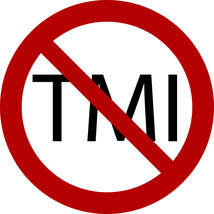
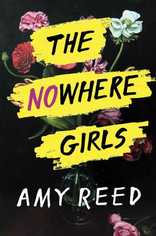

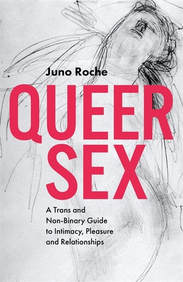


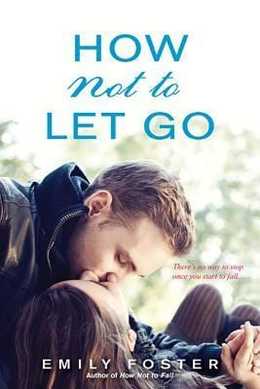


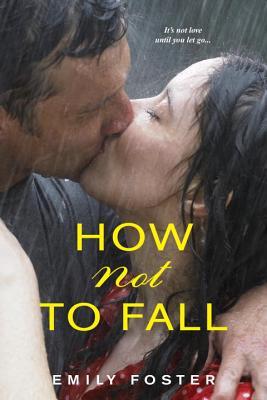
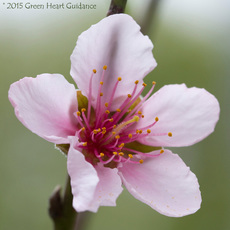







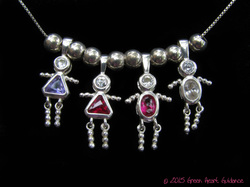



 RSS Feed
RSS Feed